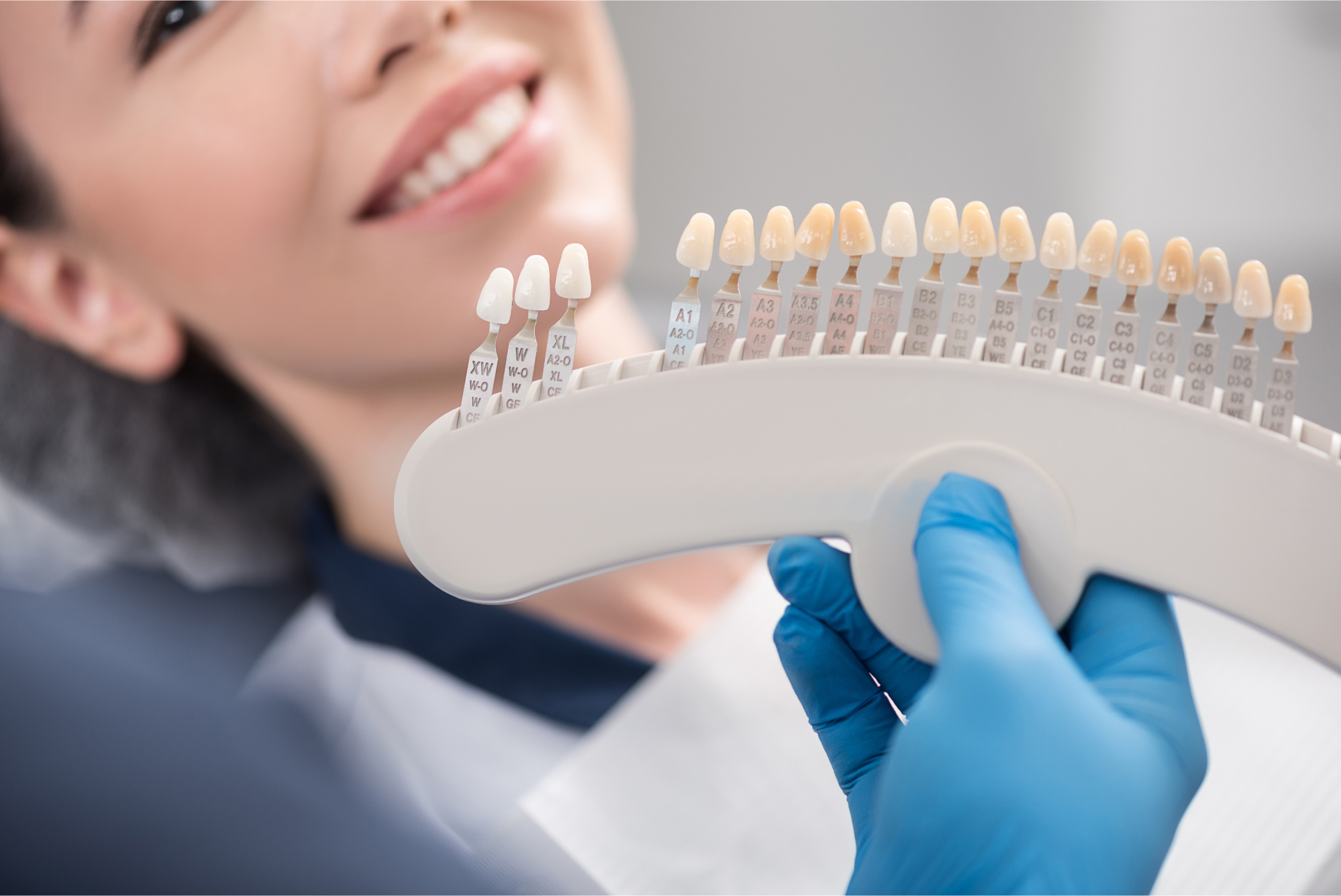Thinking about dental implants but worried about the costs and what’s covered? Get the scoop on how dental insurance can make all the difference. From hospital cover to the types of dental services offered, we break it all down for you.
SUMMARY
- Dental insurance in Australia often covers a wide range of dental services, including expensive procedures like dental implants, making it a must-have for anyone considering major dental work.
- Dental implants are often included in major dental cover and can help you reduce the costs by as much as $800.
- Not all policies cover dental implants, so check your insurance policy to see if you’re eligible for major dental cover, which includes complex procedures.
Understanding the ins and outs of dental implants in Australia can feel overwhelming, especially when you start thinking about the costs involved. Fortunately, dental insurance and hospital cover can lend a helping hand in managing these expenses. In this article, we’ll clear up any confusion you may have about how to make the most of these types of coverage for your dental services. Our goal? To help you achieve the dental health you desire without putting unnecessary strain on your finances.
Does Private Health Insurance Cover Dental Implants?
If you need dental implants, you might be curious about whether your private health insurance will cover the cost. Generally speaking, if your extras policy includes ‘major dental,’ you’re likely in a good position. Dental implants often fall under the realm of periodontics, the specialised area of dentistry that deals with the gums and structures of the teeth.
However, some insurance policies might not cover them, according to Digital Dental Surgery Sydney (DDSS). If your policy mentions gum-related coverage but doesn’t specifically exclude dental implants, there’s a possibility you could make a claim. Always check with your insurance provider to clarify what is covered and to understand any out-of-pocket expenses you might face.
Also, keep in mind there’s often a 12-month waiting period before you can claim any benefits for dental implants, although some policies may offer no-wait options. Make sure to inquire about any waiting periods when speaking with your insurance provider.
The Best Private Health Insurance for Dental Implants
There are a variety of health insurance providers that offer coverage for dental treatment and dental care, including dental implants. From hospital cover to extras cover, choosing the right insurance coverage can save you from significant out-of-pocket expenses.
Level of Cover
Firstly, you’ll want to evaluate what level of cover you’ll need. Major dental cover often includes dental implant procedures, but the extent can vary among different health insurance companies.
Hospital Cover vs. Extras Cover
Hospital cover generally provides insurance for the surgical aspects of the dental implant treatment, like the procedure of placing the abutment into your jawbone. On the other hand, extras cover can help with the costs of the artificial tooth and other less intensive general dental services like check-ups and fillings.
Policies and Providers
Reputable insurance providers like Bupa and HBF may offer specialised dental insurance plans that could be a good fit for you. It’s crucial to compare different insurance policies and consult with insurance providers to get a tailored treatment plan that suits your needs and minimises out-of-pocket expenses.
How Much Do Dental Implants Cost WITH Health Insurance?
The cost of dental implants with health insurance depends on your provider and your policy details, but in some cases, you can save as much as $800 off your dental implants with the right health insurance policy.
Cost of Dental Implants WITHOUT Health Insurance?
The cost of dental implants will depend on the types of dental implants and how many tooth implants you’re getting – whether it’s a single implant or all-on-4.
A single tooth replacement can start from $3,999, while all-on-4 options can hit $19,000 or more. But, with a health fund, you could be looking at a nice rebate to ease those out-of-pocket expenses.
What Does Medicare Cover?
When it comes to dental care, it’s important to understand that Medicare in Australia generally falls short of covering most dental services, especially specialised ones like dental implants. If you’re eyeing dental implant treatment to replace missing teeth or enhance your oral health, relying solely on Medicare probably won’t get you very far.
Limited Scope
Medicare primarily focuses on essential healthcare services. While it does cover some dental services for children and low-income adults, these usually involve general dental work like fillings or extractions. Dental implant procedures are considered more along the lines of cosmetic dentistry or major dental, which are not included in the Medicare package.
What’s Available With Medicare?
There may be some options for basic dental care under specific Medicare schemes, but these are often limited to specific groups of people, such as those with chronic medical conditions. If you qualify for such schemes, you might receive coverage for basic dental health services like check-ups or root canal treatments. But when it comes to the actual dental implant procedure, from the abutment placement to the artificial tooth, you’re generally on your own.
FAQs
Does Medicare cover dental implants?
Medicare won’t cover most out-of-hospital treatments like dental implants unless they’re having a major impact on your overall health, or are necessary as part of another health concern that Medicare does cover.
What types of dental implants are there?
In Australia, you’ll find two main types of dental implants: single implants for replacing individual teeth, and all-on-4 implants for a full row of teeth, where four implants support a bridge connecting 10-14 artificial crowns.
Are dentures and dental implants the same thing?
Not quite! Dentures and dental implants are different. Dentures are removable sets of artificial teeth, while dental implants are fixed replacements for missing teeth that are implanted into your jawbone.




